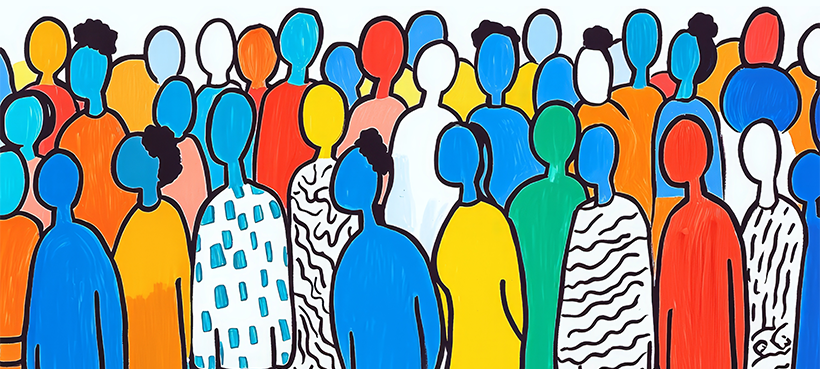
UNAIDS Closure: A Step Back When the World Can Least Afford It
The recent announcement that UNAIDS is set to close by the end of 2026 — four years ahead of schedule — is a stark warning for global HIV efforts. At a time when accurate, timely messaging around HIV is more critical than ever, this decision signals a dangerous shift in priorities.
International funding for HIV programs has been declining for years, particularly in the wake of cuts to U.S. foreign aid and shifting donor priorities. UNAIDS has long been the backbone of global coordination, providing vital data, supporting anti-disinformation campaigns, and advocating for marginalized communities where stigma and criminalization remain barriers to care. Its role cannot easily be replaced.
The consequences of closing UNAIDS could be devastating. In under-resourced regions, years of progress in HIV prevention and treatment risk being undone. Marginalised populations — including sex workers, men who have sex with men, and people who inject drugs — are particularly at risk when both funding and advocacy vanish. Women, too, are disproportionately affected by HIV; across many African nations, UNAIDS-backed initiatives have been vital in empowering women and providing access to prevention tools that would otherwise be out of reach. While parts of the Western world may feel closer to achieving zero new HIV cases by 2030, can we truly say the same for our global communities?
This is a moment for action. Governments, donors, and global citizens must push back against these cuts. Support local and international HIV organizations, advocate for sustained funding, and speak out against stigma and criminalization that put lives at risk. The fight against HIV is far from over, and abandoning international coordination now is not just shortsighted — it is dangerous.
We have the tools, the knowledge, and the experience. What we need now is the political will and global solidarity to ensure that no one is left behind.
